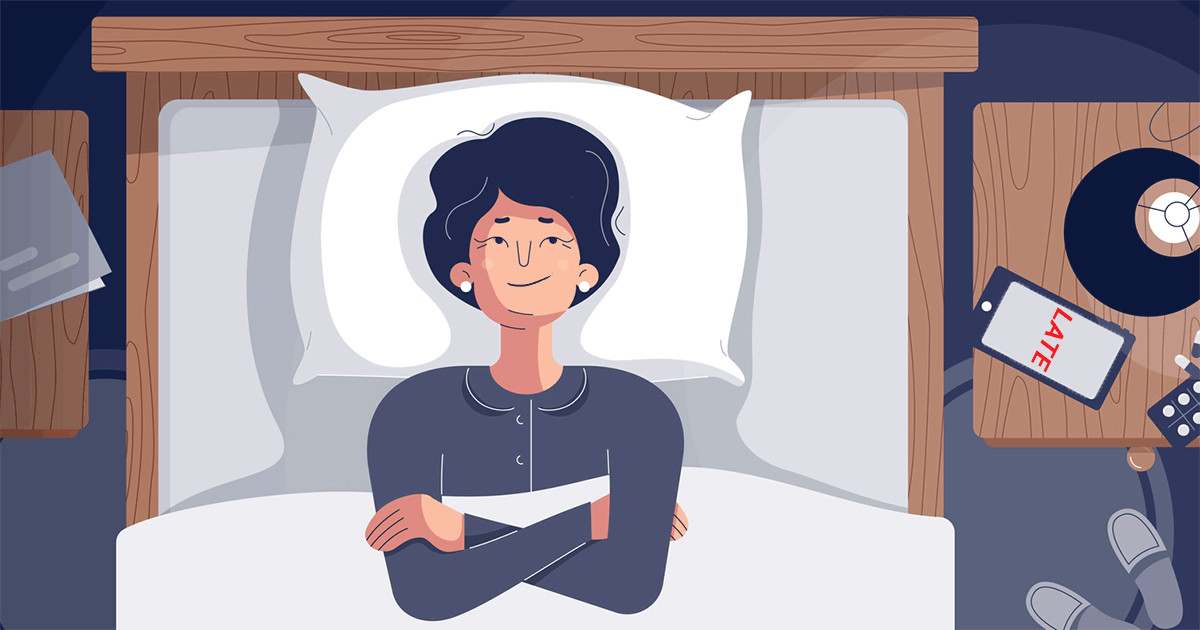Introduction: We’re Not #1
Americans need Reality Crazy, a new way of thinking about health. Look where our current perspectives on the subject have gotten us – we are last among the world’s 17 most industrialized nations in all the key health indicators. It’s hard to believe but true: we’re last in life expectancy; we have the highest rates of obesity, infant mortality, low birth weights, heart disease, diabetes, chronic lung disease, homicide rates, teen pregnancy, and sexually transmitted infections.
- Behind the Scenes of the Sports Memorabilia Industry
- What You Need to Know About the Xbox 360, the Kinect, and a Review of All Kinect Games
- Alternative Financing for Wholesale Produce Distributors
- France Won the 2016 Euro Cup, Beating Italy and Turkey
- Donald Trump: The Master at Projecting Power and the Body Language Behind It
The lead author of the Institute of Medicine, an NIH-sponsored study that revealed this situation, remarked that “Americans get sicker, die sooner, and sustain more injuries than people in all other high-income countries.” (That’s a quote from the report.) Then he added this coup de grace: “We were stunned by the propensity of findings all on the negative side – the scope of the disadvantage covers all ages, from babies to seniors, both sexes, all classes of society. If we fail to act, life spans will continue to shorten, and children will face greater illness rates than those in other nations.

Two Ways to Think of Health
I believe Americans are overly passive about their health. Good health can only be attained and maintained by conscious deeds. These deeds require planning and discipline. Examples include exercising regularly and vigorously, dining in ways that nourish the body without causing problems, and behaving positively and actively. The level of health you will enjoy is affected by your lifestyle choices. Your health status depends to a great extent on whether you invest in your well-being or not.
If you make little or no such investments, your health will depend on chance, genetics, the aging process, and the timeliness of the quality of medical care you receive. If, on the other hand, you do invest, if you seek, protect, and defend an advanced state of well-being, the nature of the health status you will have will be dramatically different – and better.
Therefore, we need to distinguish these two kinds of health situations – one passive and one active.
The Institute of Health reports that places America last reflect that segment of America that is passive. If the small part of the American population that practices active health were separated, if their health data were compiled and compared, we would be #1. For these and related reasons, I propose we view health differently by distinguishing between static health – how most view and approach their health and earned health. The latter is what you get when you invest wisely in your well-being. Reality Crazy.
It’s a way of life I call REAL wellness.
Health As Currently Perceived
The WHO definition of health is unrealistic (nobody, not even the most devout website, enjoys “complete physical, mental, and social well-being,” at least not every day). Most think of health in far less exalted ways. Most think they are well if they are not sick. This is pathetic. It equates with not needing immediate medical attention. For the vast majority, this is a “good enough” view of health.
Thinking that way is a self-fulfilling prophecy. It means that not being healthy is the best you can hope for. This is the static definition of health, and it must be reformed and at least accompanied by another comparison perspective for those Americans willing to do their part. That would be earned health.
We need ideas about health that remind people of a key fact: that a passive situation is not as effective, desirable, protective, or rewarding as a dynamic earned the state of health. We should all be aware that static health, the default setting you get for existing and doing nothing special to enhance health, can and must be reinforced and boosted. Employing a term like earned health might remind people that fitness can be much more than non-illness.
The term earned health can signal the availability of a richer level of well-being. It can remind everyone that health at its best is more than a static condition. Health is a dynamic state; it gets better with effort and worse if ignored. Earned health represents a higher health standard. Rated health is more ambitious and consistent with a REAL wellness mindset and lifestyle than the current health norm of non-sickness.















